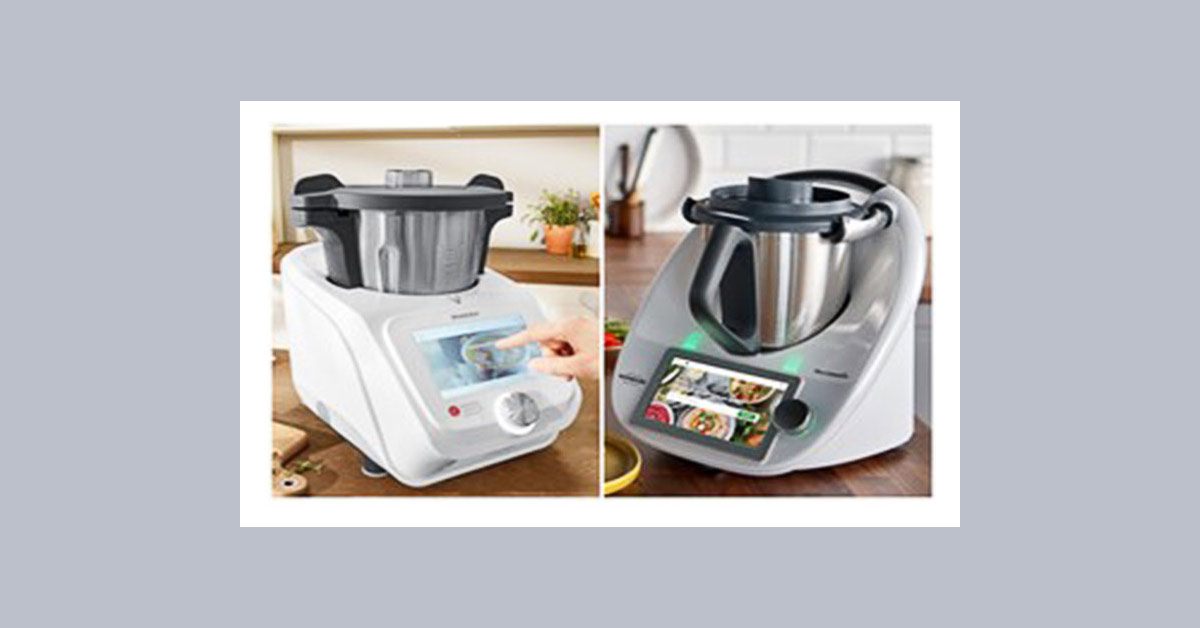
26 Nov Kitchen battle: the trial between cooking robots is now ready for judgment
In 1960, the prehistory of cooking technological innovations, a product was invented in France that, years later, would find its way into millions of homes: an electric mixer that incorporates a heating system. It was the spur of a revolution and Vorwerk started selling its invention under the trademark Thermomix.

The competition would take a while to arrive, but it did, and in 2007 the Catalan company Taurus launched Mycook, a kitchen robot similar to the one marketed as Thermomix that brought a new innovation, induction cooking, and a more affordable price. In the same year, Vorwerk sued Taurus for infringement of three of its patents, requesting the withdrawal of the robot from the market. It should be recalled that the patent right confers on its holder the exclusive right on the protected technical solution, thereby preventing unauthorized third parties from using it.
Although the basic patents for the product marketed under the Thermomix brand had expired, Vorwerk still held certain patents relating to partial technical aspects of the machine, which were claimed in the proceedings. After an escalation of courts, the case reached the Supreme Court, which in 2013 upheld the dismissal of Vorwerk’s action, thus giving Mycook a free hand. The judgment held that the technical solutions given to the functions of the respective kitchen robots were different and that, therefore, the patents claimed by Vorwerk were not infringed.
Now, the Thermomix robot is confronted to Silvercrest Monsieur Cuisine, a kitchen robot that is sold at the chain of supermarkets Lidl with great success and at an even more affordable price. Vorwerk claims, in an action brought before the Commercial Courts of Barcelona, that Lidl has infringed its patent rights, while Lidl defends itself by seeking a declaration that the patent relied on is invalid on the ground of lack of novelty, inventive step and addition of matter. The case has been heard for judgment, following expert evidence which may be decisive in determining the outcome. On this occasion, special emphasis has been placed on the sealing of the lid when the machine is operating, which prevents it from being opened while the blades are rotating, a safety mechanism that the Thermomix robot has. According to Lidl, his kitchen robot does not reproduce this locking feature.
It remains to be seen whether the court will rule as it did in the case against Taurus and give Lidl free rein to market its food processor or, as has happened in France, whether it will find that Vorwerk’s patent rights have been infringed, in which case Lidl could be ordered to pay the claimant compensation of up to 10% of the gross amount of the total sales figures for its food processor and to say au revoir to the current design of Monsieur Cuisine. In any event, both parties will have the option of bringing an action at second instance. We will have to be vigilant, as we believe that the loser will want to turn the tables.
If you wish to read the full text of the Mycook judgment, please click HERE.
Written by Berta Benet.



